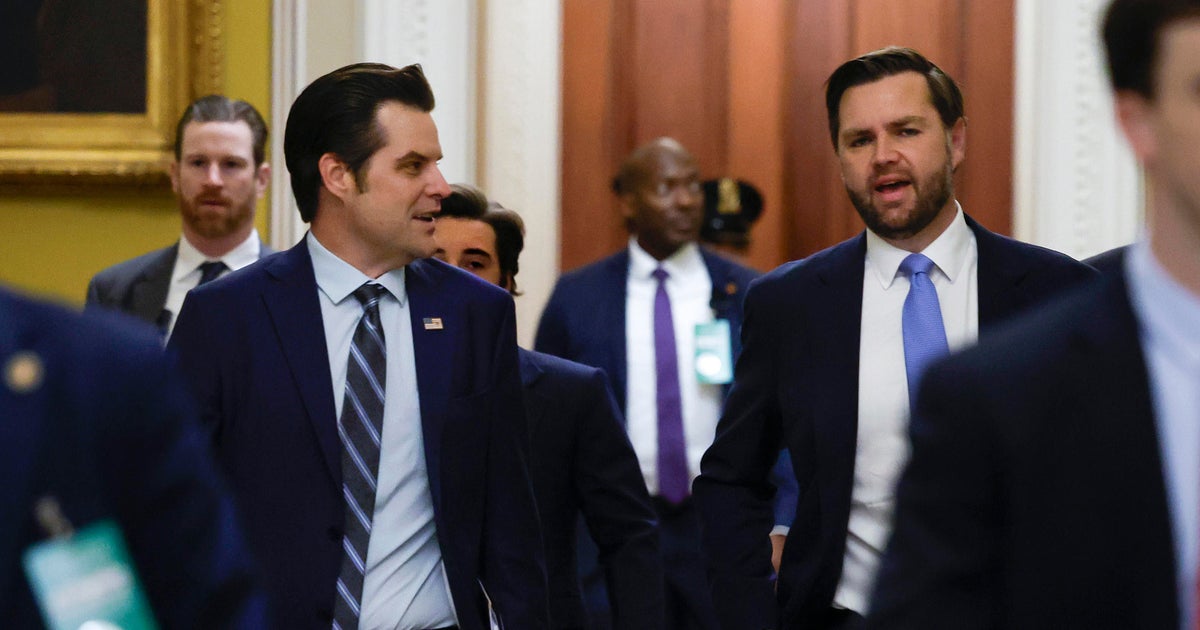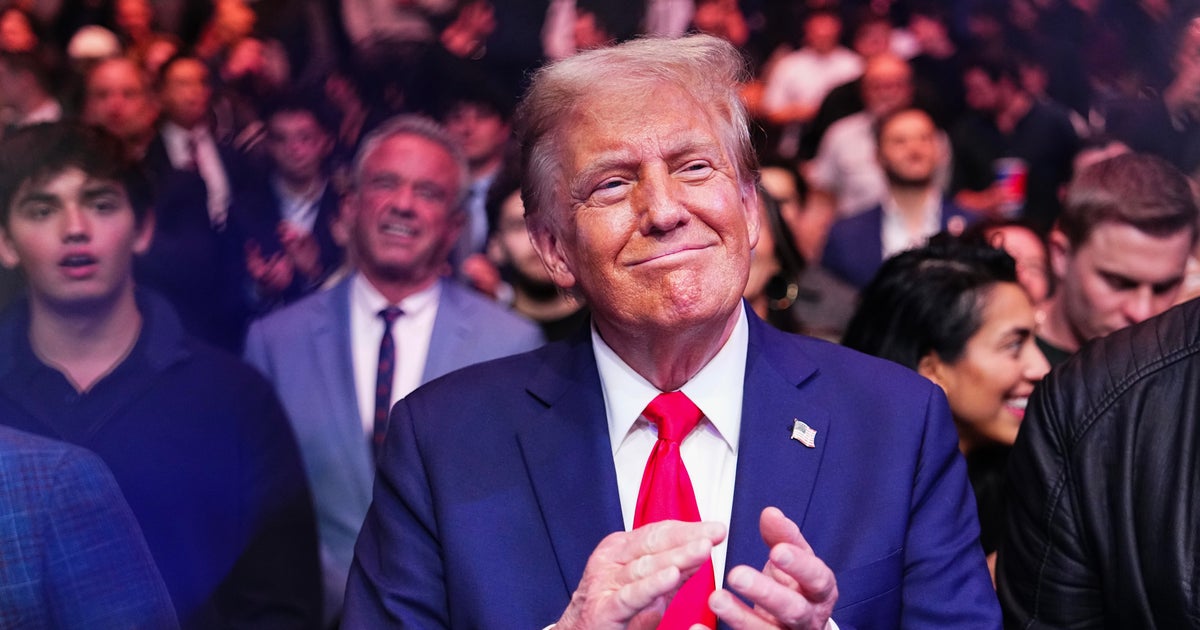House Democrats frustrated by White House briefing on Russia bounty allegations
Washington — A group of House Democrats who attended a White House briefing Tuesday morning about intelligence that a Russian spy unit offered bounties to Afghan militants for killing U.S. and coalition forces expressed frustration about the substance of the meeting, saying it did not include key stakeholders from the intelligence community who could address the allegations or provide any new information.
"We did not receive any new substantive information," House Majority Leader Steny Hoyer, a Democrat from Maryland, told reporters at the Capitol following the meeting at the White House.
Congressman Adam Schiff, the chairman of the House Intelligence Committee, lamented that "the right people were not in the room to give us the kind of briefing that we needed to get."
"We need to hear from the heads of the intelligence agencies, about how they assess the allegations that have been made publicly," Schiff, a Democrat from California, said. "What can they tell us about the truth or falsity of these allegations? What can they tell us about steps they are undertaking or have undertaken to vet any information that they might have? So it might be the right people were not in the room to give us the kind of briefing that we needed to get."
A group of 11 House Democrats who either chair the relevant committees or have national security backgrounds attended the briefing on Tuesday morning to discuss the alleged Russian operation to offer cash payments to Taliban-linked militants to attack U.S. troops, which was first reported by the New York Times on Friday. The Times reported that President Trump was briefed on the intelligence and officials had drawn up a list of options for how to respond.
But Mr. Trump and top administration officials, including Director of National Intelligence John Ratcliffe, denied the president was briefed on the allegations, citing concerns surrounding the validity of the intelligence. National Security Adviser Robert O'Brien said in a statement Monday "because the allegations in recent press articles have not been verified or substantiated by the Intelligence Community, President Trump had not been briefed on the items."
But the New York Times reported later Monday that the allegations were included in the president's written daily intelligence briefing in late February. The Associated Press, meanwhile, reported that top White House officials knew of the intelligence about the Russian operation in early 2019, and the assessment was included in at least one of the president's written daily intelligence briefings.
Reports of the intelligence raised concerns from Republicans and Democrats alike who are pressing the White House for answers on the alleged Russian bounties, as well as what Mr. Trump knew and when. A group of House Republicans received a briefing at the White House on Monday afternoon, before House Democrats met with officials there Tuesday morning.
The president has equated the New York Times report that he was briefed on the alleged Russian bounties to "another fabricated Russia Hoax," though Hoyer fired back at the characterization.
"Nothing in the briefing we have just received led me to believe this is a hoax," he said.
Hoyer said the finding of the alleged Russian bounties "was a red flag," adding "it was either not waved, or the president ignored the wave."
A person who was in the room told CBS News that the briefing for House Democrats included White House chief of staff Mark Meadows, O'Brien and Ratcliffe, along with other top White House officials.
One of the "major challenges" of the meeting, this person said, was "there was far too much time and focus on The New York Times and what they reported and why they reported it, and certainly not enough time addressing our actual questions related to a timeline of the information discussed in the report or in the article."
Ratcliffe, O'Brien and CIA Director Gina Haspel have all separately denounced the leaking of classified information to reporters, warning in separate statements it endangers national security and puts U.S. forces at risk.
Ed O'Keefe and Olivia Gazis contributed to this report.




